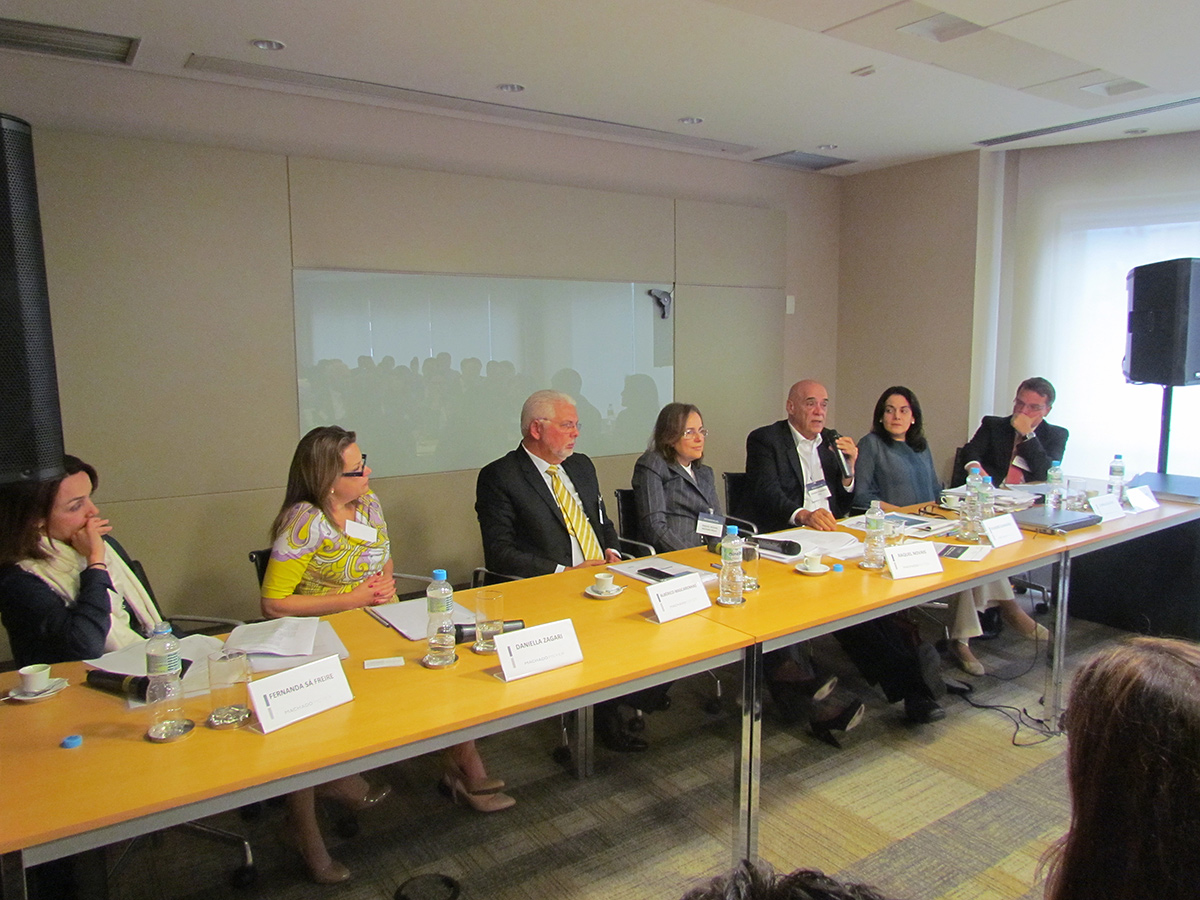Efforts to end the fiscal war

 ETCO articulates mobilization to end the fiscal war. Idea is to form a parliamentary base from the states that granted incentives to keep the topic on the agenda later this year
ETCO articulates mobilization to end the fiscal war. Idea is to form a parliamentary base from the states that granted incentives to keep the topic on the agenda later this year
ETCO's executive president, Evandro Guimarà £ es, said at an event held in Sà £ o Paulo (SP), that the institute defends an immediate mobilization in Congress for the end of the fiscal war. The statement was made on September 26 to representatives of companies at breakfast promoted by the Machado, Meyer, Sendacz and Opice Advogados office.
â € œ ETCO is willing to be one of the private sector's interlocutors in Congress on this issue. We want to sensitize a minimal parliamentary base from the states that have granted incentives to keep the discussion on the agenda, â € said Guimarà £ es. On the agenda, according to him, there are dialogues with parliamentarians, finance secretaries and, eventually, representatives of the federal executive. He stated that the legal uncertainty resulting from the fiscal war causes paralysis of investments in the country. Without knowing whether they will be obliged to return tax installments waived in the past by the States, and without clear rules for future incentives, companies have been delaying new investments. Guimarà £ es also said that the executives of these companies face an â € œFreudianâ € dilemma on the issue. â € œOn the one hand, managers cannot dispense with the incentive to achieve results. On the other hand, they do not know whether they are already informing shareholders about the possible risk of being asked to return taxes retroactively.â € ETCO understands that the solution of the fiscal war should be sought in Congress, where it is possible an agreement on the supposedly outstanding debts and on the rules for a transition. The entity also believes that the Senate Bill 130/14, reported by Senator Luiz Henrique (PMDB-SC), which alters the voting rules in the National Council of Farmer Policy (Confaz), may be an initial step towards peacemaking. On the Senate portal, Luiz Henrique stated that the resistance of the government base to the project, the biggest obstacle to its approval, was overcome with a recent declaration by President Dilma in favor of the proposal. The vote on PLS 130/14, in the opinion of Evandro Guimarà £ es, would demonstrate the Legislative's concern with the issue and would prevent the resolution of the fiscal war directly in the Supreme Court Federal (STF). The supreme court has already ruled in 29 Direct Actions of Unconstitutionality (ADIs) that incentives granted without the consent of Confaz are unconstitutional.
Guerrilla warfare - Until an agreement is reached on the issue of incentives, the legal uncertainty resulting from the fiscal war continues to cause paralysis in investments and an avalanche of lawsuits in the courts. In addition to the ADIs in which the states litigate each other in the STF, tax authorities have also “glossed” billions of reais in tax credits as a result of incentive transactions originating in other states. This situation has also led to the Supreme Court in which States complain about ICMS revenues generated in other Federation units under an incentive regime. “It is not possible to transfer to the Judiciary the constitution of the tax credit, nor to impose on the taxpayer the burden of the tax war”, commented at the end of the event the partner of the tax area of Machado, Meyer, Sendacz and Opice, Daniella Zagari.



